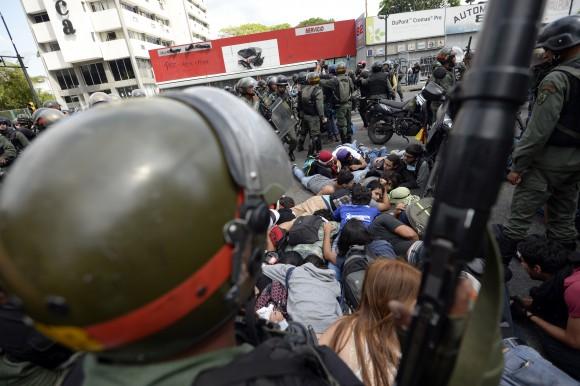WASHINGTON—The Trump administration imposed sanctions against Venezuelan Vice President Tareck El Aissami on Monday, accusing him of playing a major role in international drug trafficking.
The executive decree, the result of a years-long investigation, is bound to ratchet up tensions between the new Republican administration and the United States’ harshest critic in Latin America. El Aissami is the most senior Venezuelan official to ever be targeted by the U.S.
The U.S. Treasury Department also sanctioned Samark Lopez, a wealthy Venezuelan businessman the U.S. described as El Aissami’s primary front man laundering proceeds through a network of companies in several nations. As part of the action, 13 companies owned or controlled by Lopez, including five in Florida, will be blocked and both men will be barred from entering the United States. Several real estate holdings in the Miami area tied to Lopez and worth tens of millions of dollars were also blocked.
There was no immediate reaction from the Venezuelan government or El Aissami, who has long denied any criminal ties. Lopez released a statement calling the actions baseless and “politically motivated.”
The U.S. Justice Department said there were no pending criminal charges against the two men.
The sanctions came a week after a bipartisan group of 34 U.S. lawmakers sent a letter to Trump urging him to step up pressure on Venezuela’s socialist government by thoroughly investigating El Aissami and immediately sanctioning top officials responsible for corruption and human rights abuses, including ones mentioned in an Associated Press investigation on corruption in food distribution and sales.






